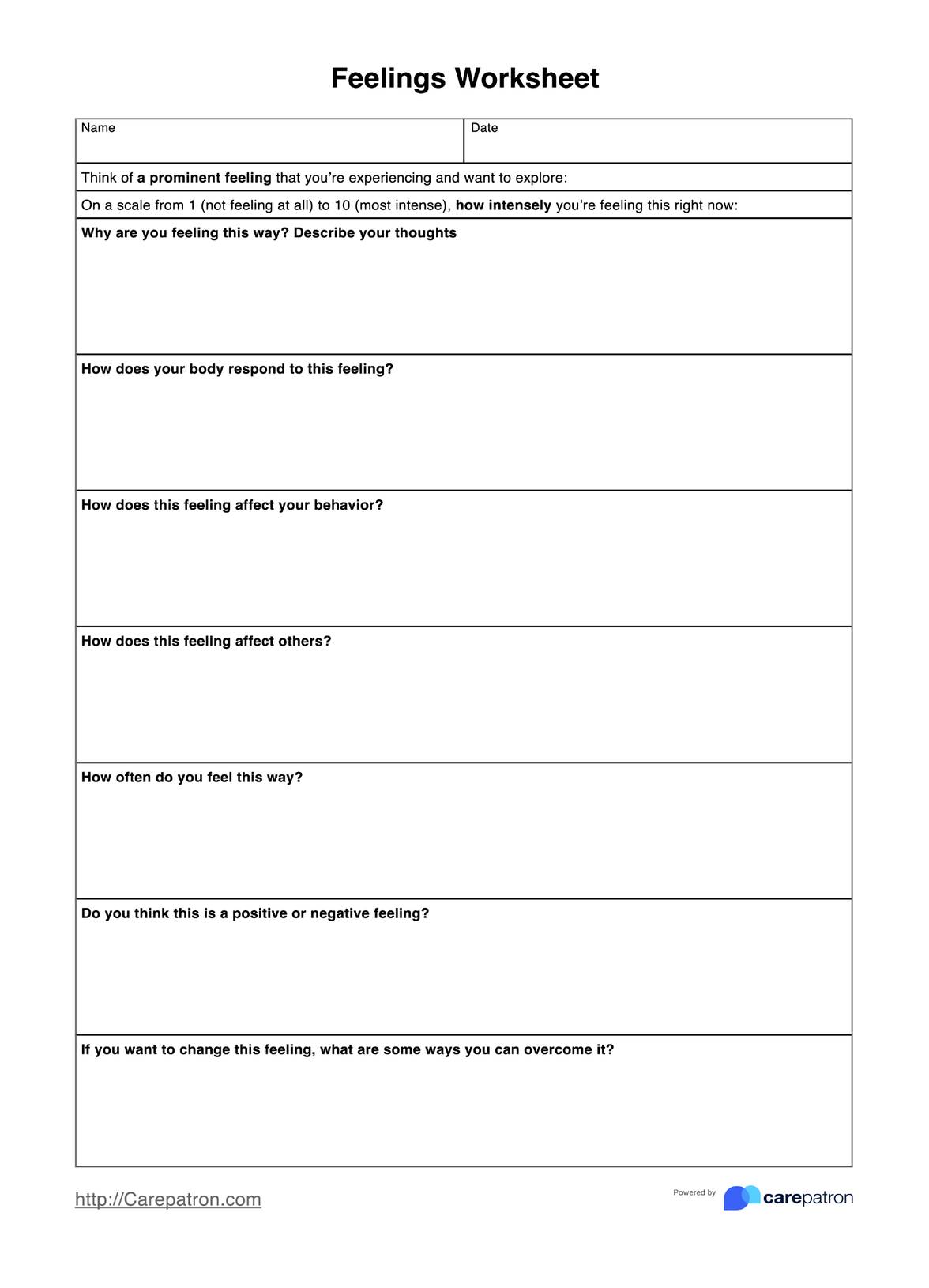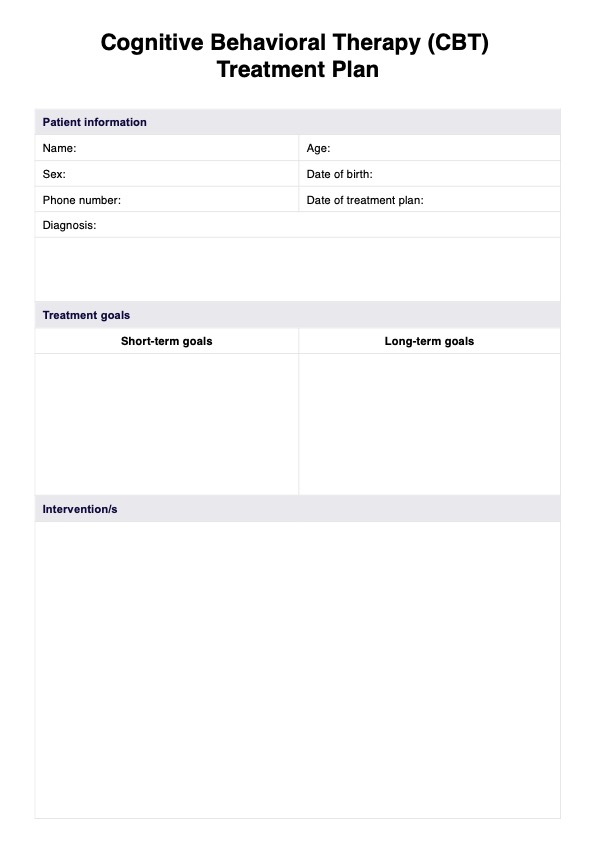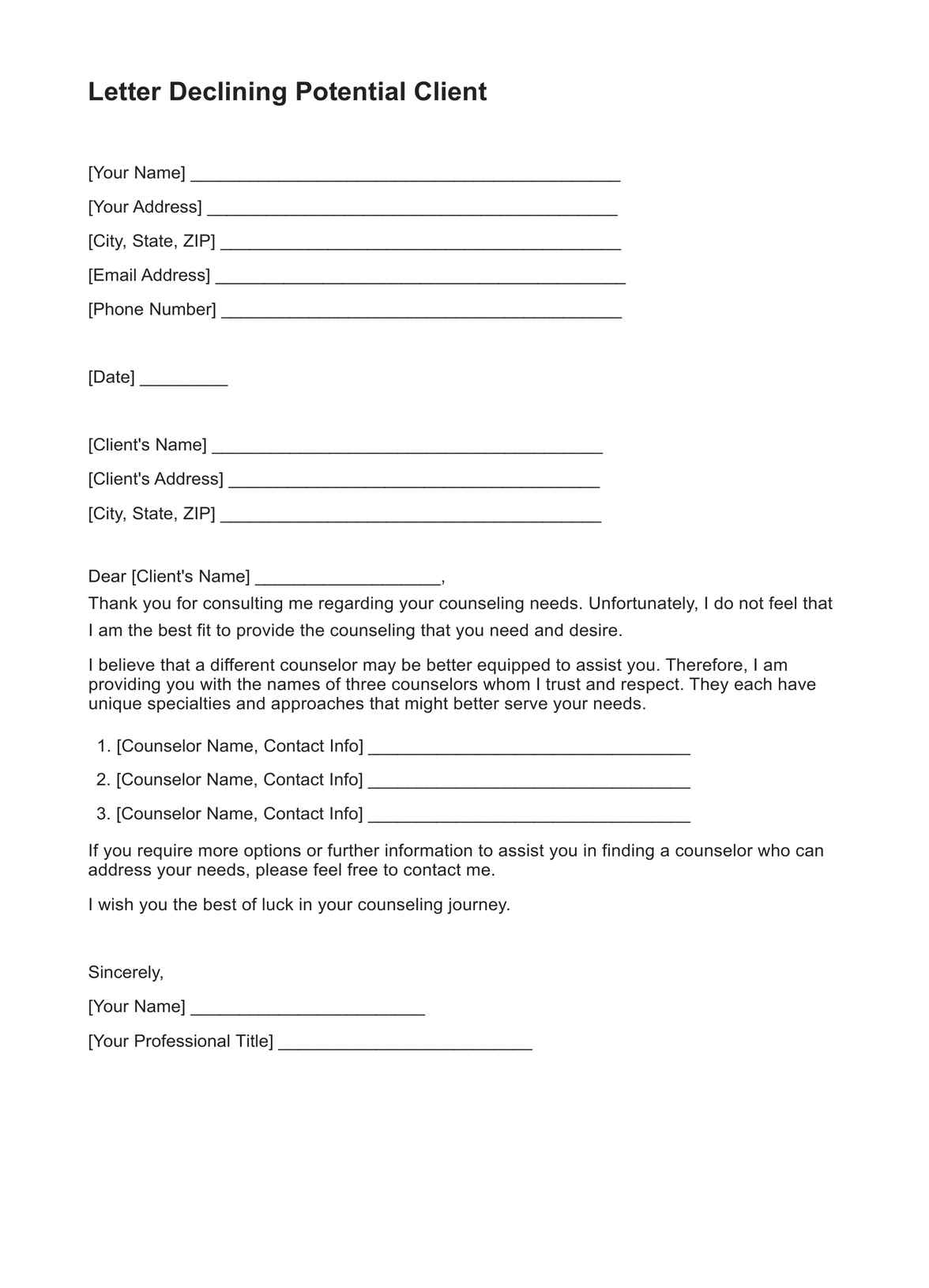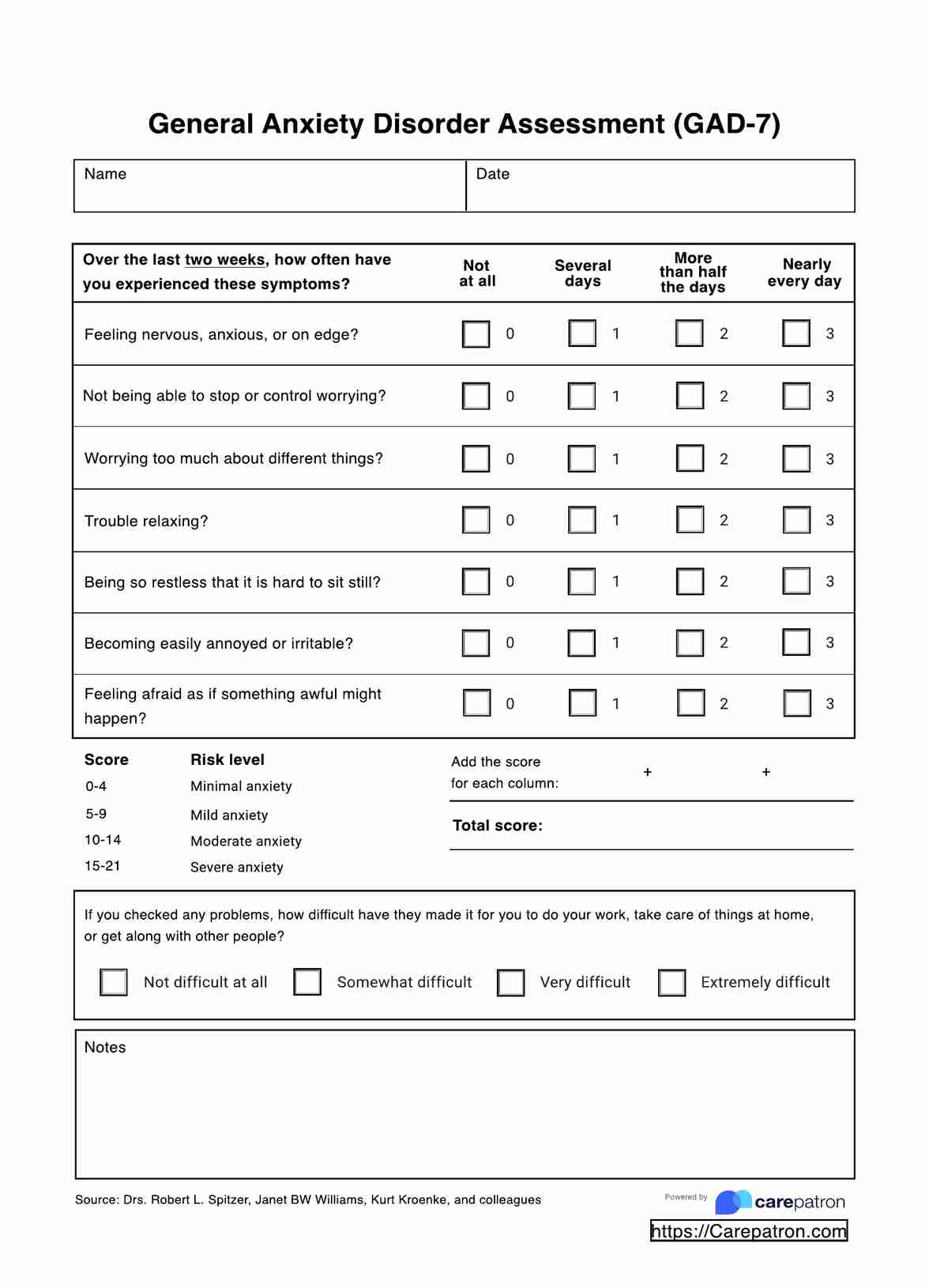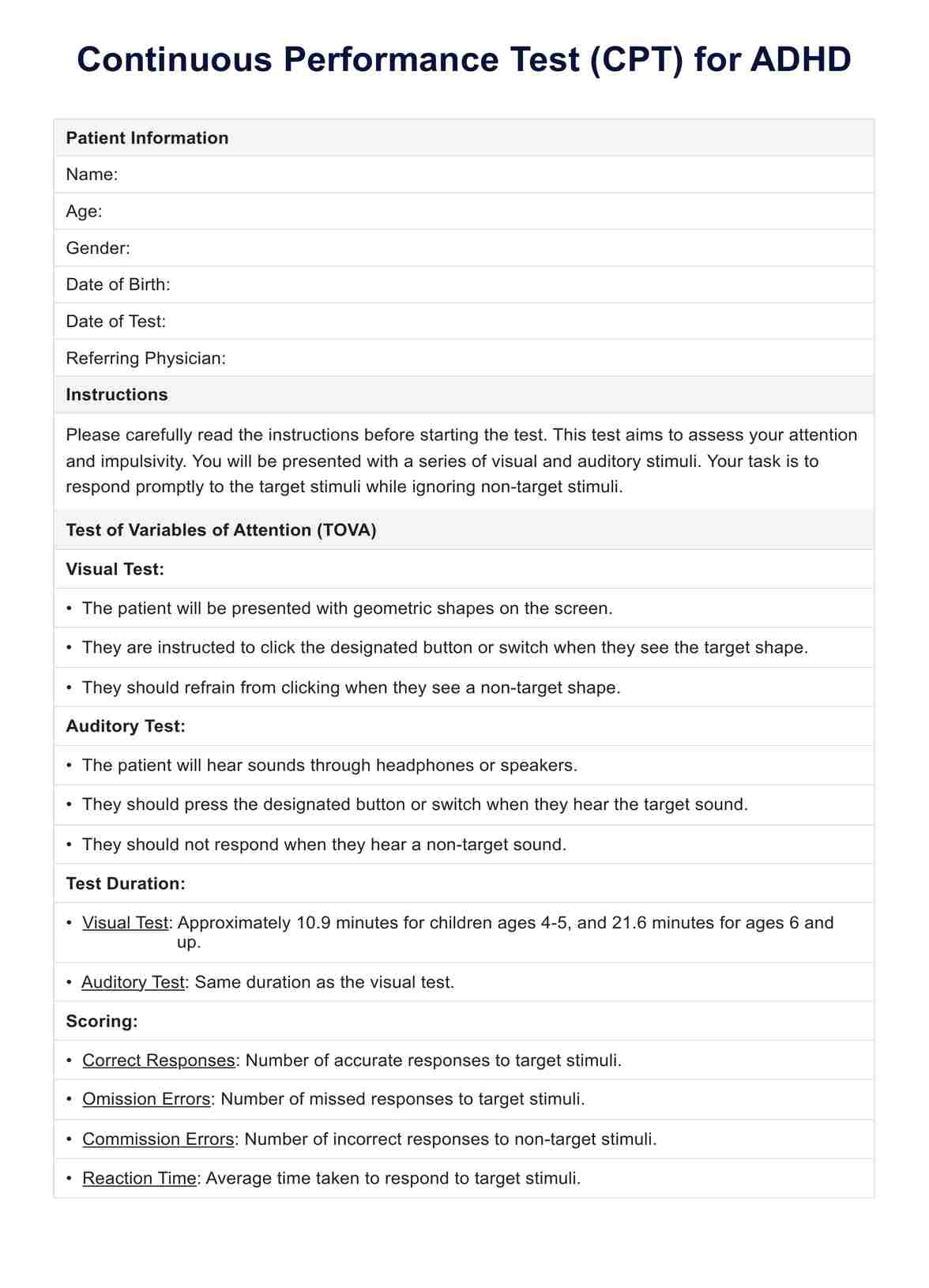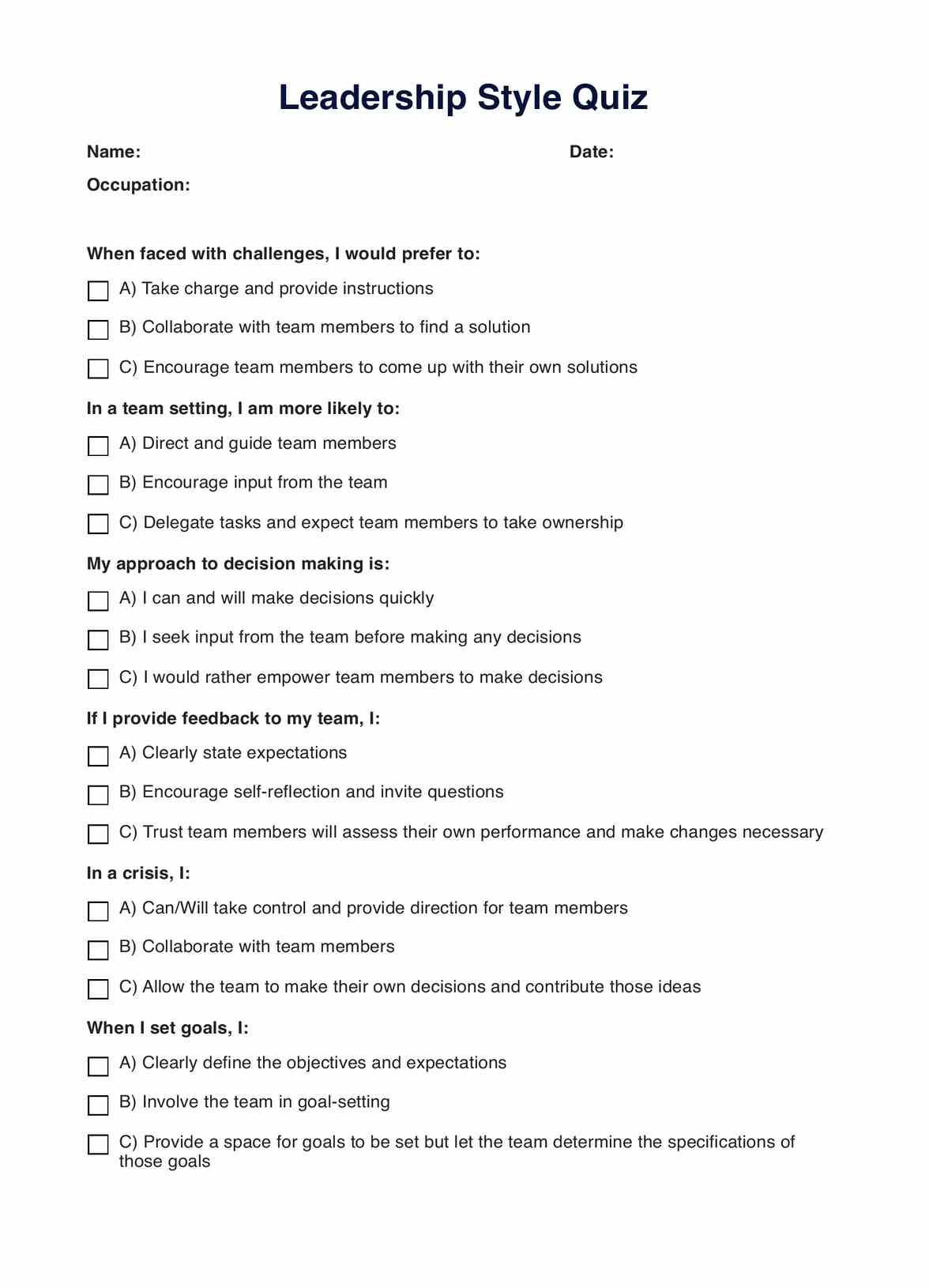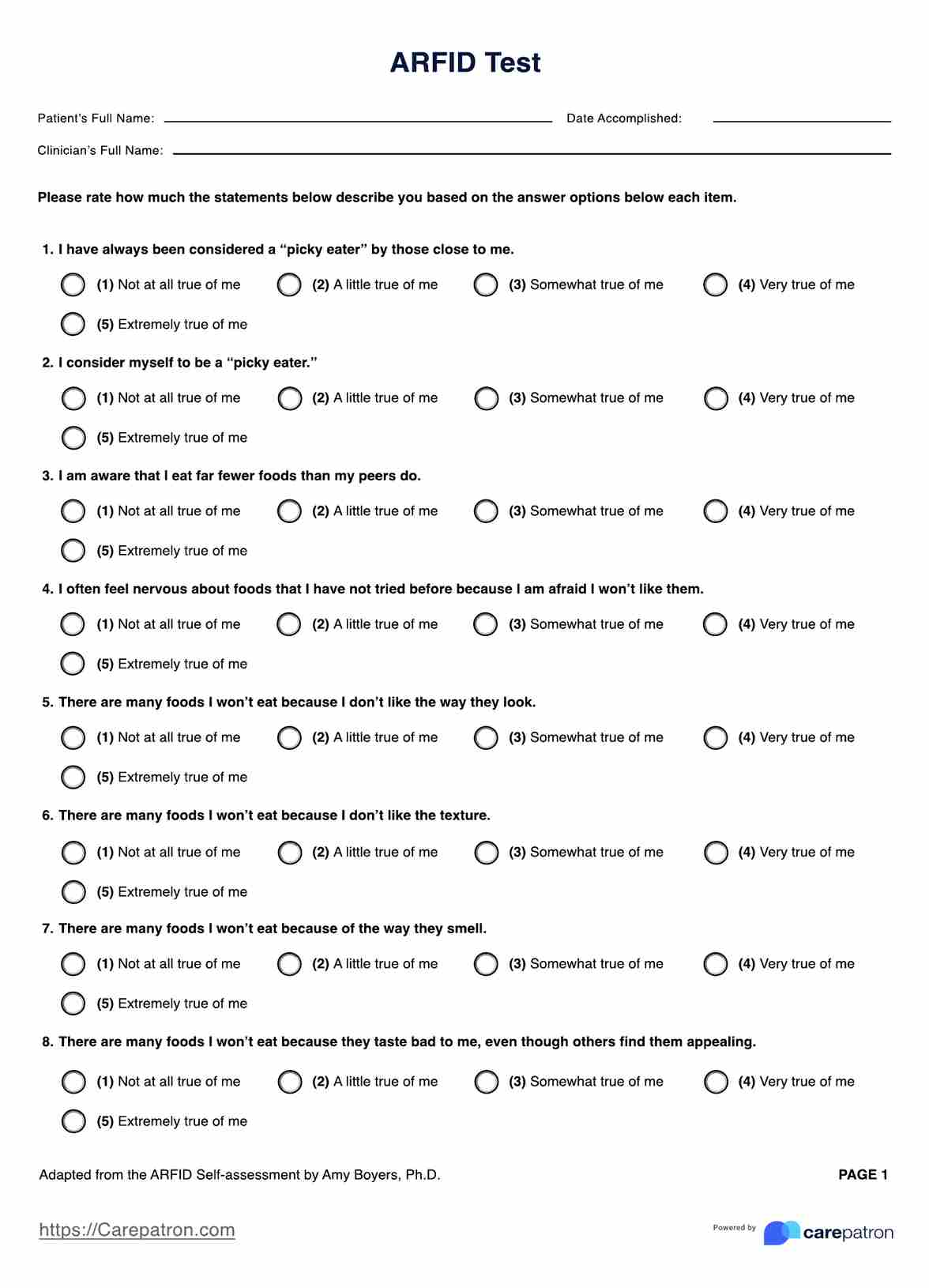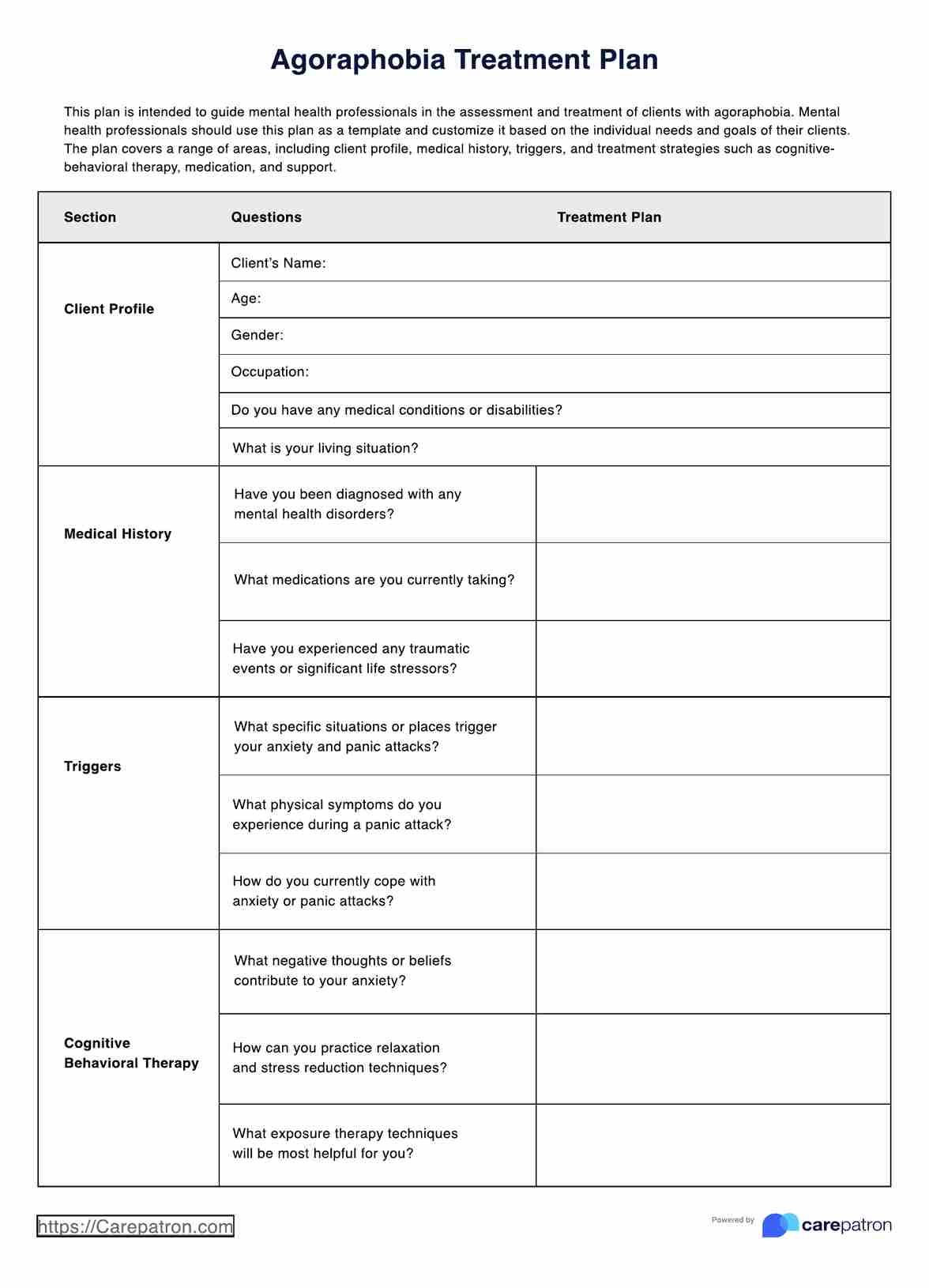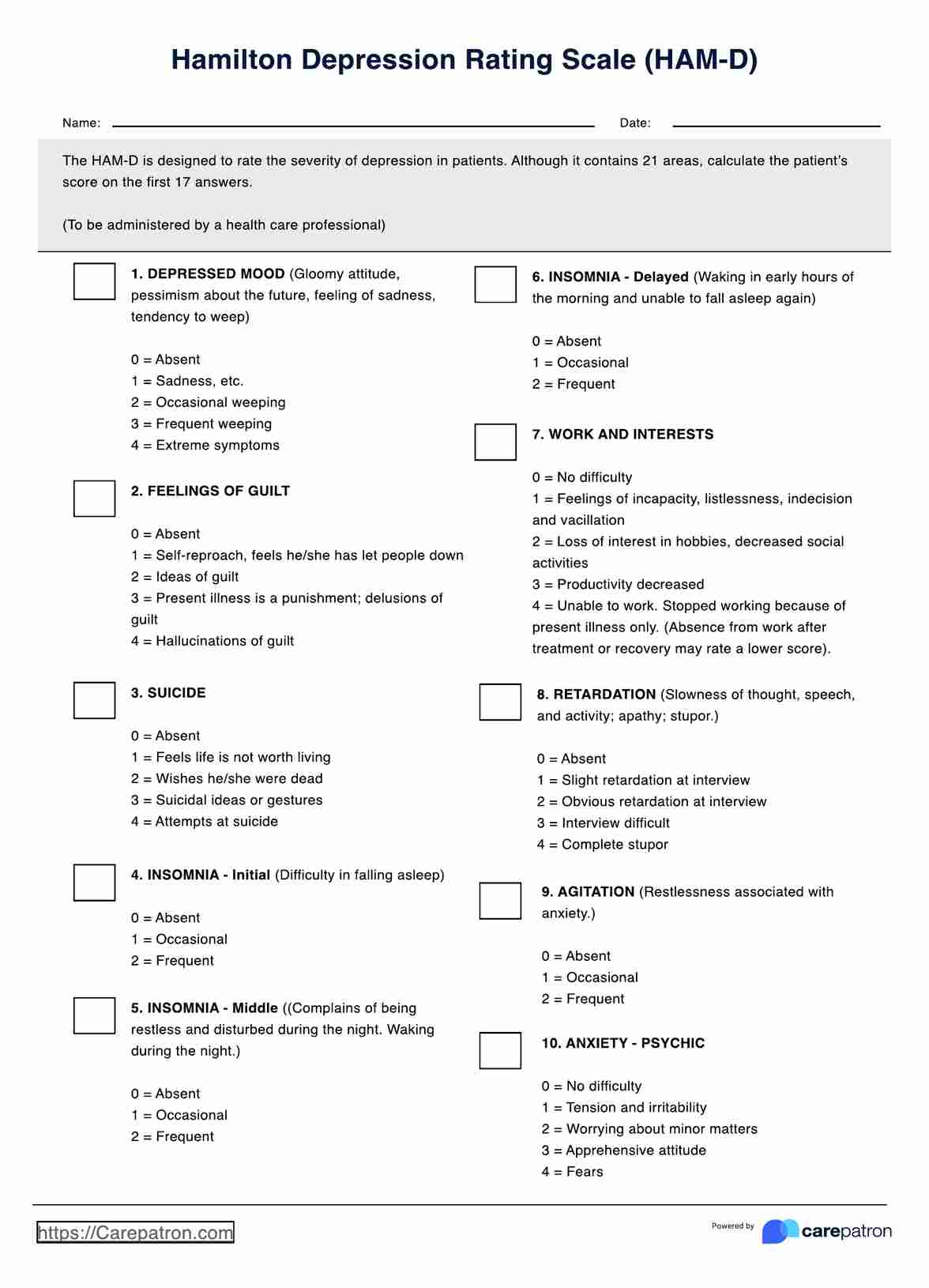Therapy Intake Questions
Discover various Therapy Intake Questions you can use to learn more about your clients. Download a free PDF template and example to get started.


What are Therapy Intake Questions?
Therapy intake is an essential part of psychotherapy, counseling, and mental health care. During therapy intake, the therapist collects information from the client to create an accurate picture of their presenting condition and develop a comprehensive treatment plan tailored to their unique needs. The amount of time spent on the intake process depends on the type of therapy being provided.
Therapy Intake Questions are used to identify the client’s history and current situation, psychological needs, and other factors impacting their overall mental health. These questions can help the therapist gain insight into the client's past experiences, beliefs about themselves and others, coping skills, and any underlying issues they may have. Therapy Intake Questions also provide a roadmap for crafting an effective treatment plan and helping clients reach their desired goals.
It is important to note that while these intake questions are generally structured, they should also be tailored to each client’s needs. The goal is to better understand the factors influencing their mental health to provide the most effective treatment.
Check out this video on our Counseling Intake Form to see how these resources are accessed and used:
Therapy Intake Questions Template
Therapy Intake Questions Example
How does it work?
Our printable Therapy Intake Questions template provides 15 comprehensive questions you can use to get to know your client better. These include prompts related to family history, medical history, lifestyle factors, etc. Follow these steps to get started:
Step One: Download the form
Get a copy of the Therapy Intake Questions template using the link on this page or from the Carepatron app. You may also download it from our handy resources library.
Step Two: Utilize the questions
Work with your client to answer each question in as much detail as possible. This may require multiple sessions, so be sure to allow time between appointments for the client to reflect on their answers.
Step Three: Develop a treatment plan
Once all the questions have been answered, use this information to develop an effective treatment plan tailored to your client. This plan should include therapeutic interventions, lifestyle changes, or resources necessary to help the client reach their desired outcome.
Step Four: Follow up with clients regularly
Check in with your client regularly to assess progress and adjust as needed. It is essential to review the questions periodically to ensure the treatment plan focuses on the client’s needs.
When would you use this Template?
This Therapy Intake Questions template can be used during your client's initial consultation or assessment. This template will help you gather information on the individual’s symptoms, medical history, and overall well-being. Alternatively, you can use this form to:
Collect baseline measurements
Our free Intake Therapy Questions form includes questions to help you collect baseline measurements on the client’s current level of functioning and track progress throughout their treatment.
Gather information on lifestyle factors
The form also includes questions to gather information on lifestyle factors, such as self-care patterns, physical health, and support system. These factors can influence mental health and must be accounted for in treatment.
Tailor client’s treatment plan
Using this template to gather data on the client’s unique profile and history allows you to create a personalized treatment plan tailored to their needs and helps them achieve their desired outcome. With an accurate assessment, you can develop the right course of action for each client.
Keep track of your client’s progress
The Intake Therapy Questions template also lets you track your client's progress throughout treatment. This way, you can have a visual representation of how they are responding and make data-driven decisions about the best ways to move forward.
Who is this Therapy Intake Questions template for?
This free, printable Therapy Intake Questions worksheet is a handy tool for the following mental health professionals:
- Counselors
- Psychologists
- Therapists
- Social Workers
- Nurses
This form is an essential component of the client intake process, and it helps mental health professionals gather accurate information to tailor treatment and track progress.
.png)
Benefits of free Therapy Intake Questions template
Our Therapy Intake Questions worksheet is quick and easy to use. Here are some of its other benefits:
It's comprehensive
Our free template provides questions that cover all essential areas of the client’s history. It can help you better understand the factors influencing their current mental health.
It saves time
Using this template can save you valuable time so you can focus on providing effective treatment. You don't have to come up with your own intake questions; you can quickly fill out the form with each new client.
It facilitates communication
The Therapy Intake Questions template makes opening up a dialogue with clients easier. It sets the stage for conversations about their mental health journey and allows for smoother interactions between counselor and patient.
It's completely digital
This form is available in digital format, so it can easily be filled out online and shared with other health professionals. It's also a great way to track your client’s progress.
Commonly asked questions
Mental health professionals use Therapy Intake Questions to gather information about their clients to provide better, more tailored treatment. They can be filled out online or on paper, covering all essential areas of the client’s history.
Mental health professionals should utilize Therapy Intake Questions at the beginning of a counseling session. This ensures that all relevant information is collected to provide effective treatment, and it helps counselors track their client’s progress over time.
Therapy Intake Questions provide several benefits. They allow mental health professionals to quickly and easily gather essential information about their clients, facilitate communication between counselor and patient, set the stage for fruitful conversations about mental health, and track progress over time.


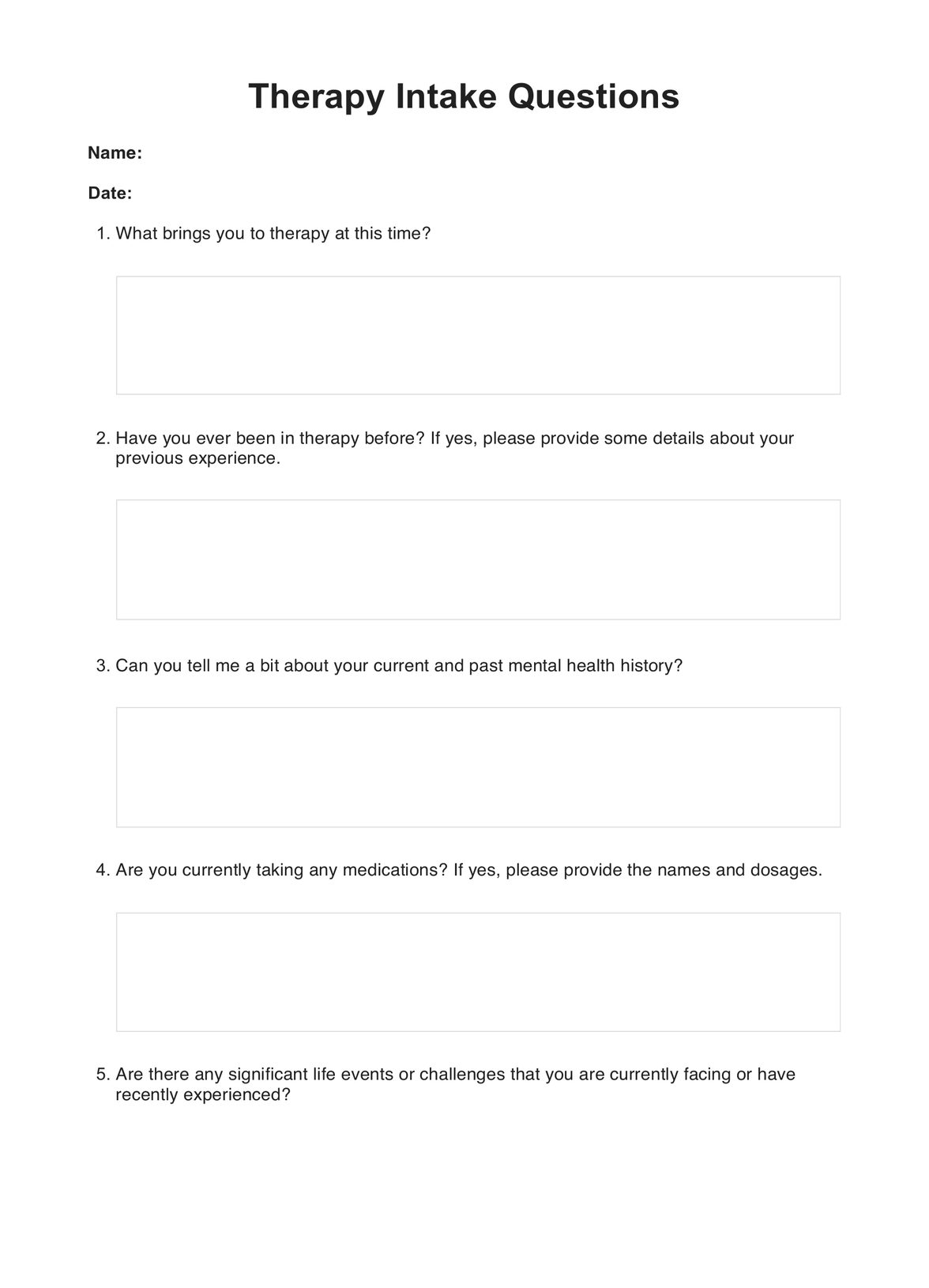
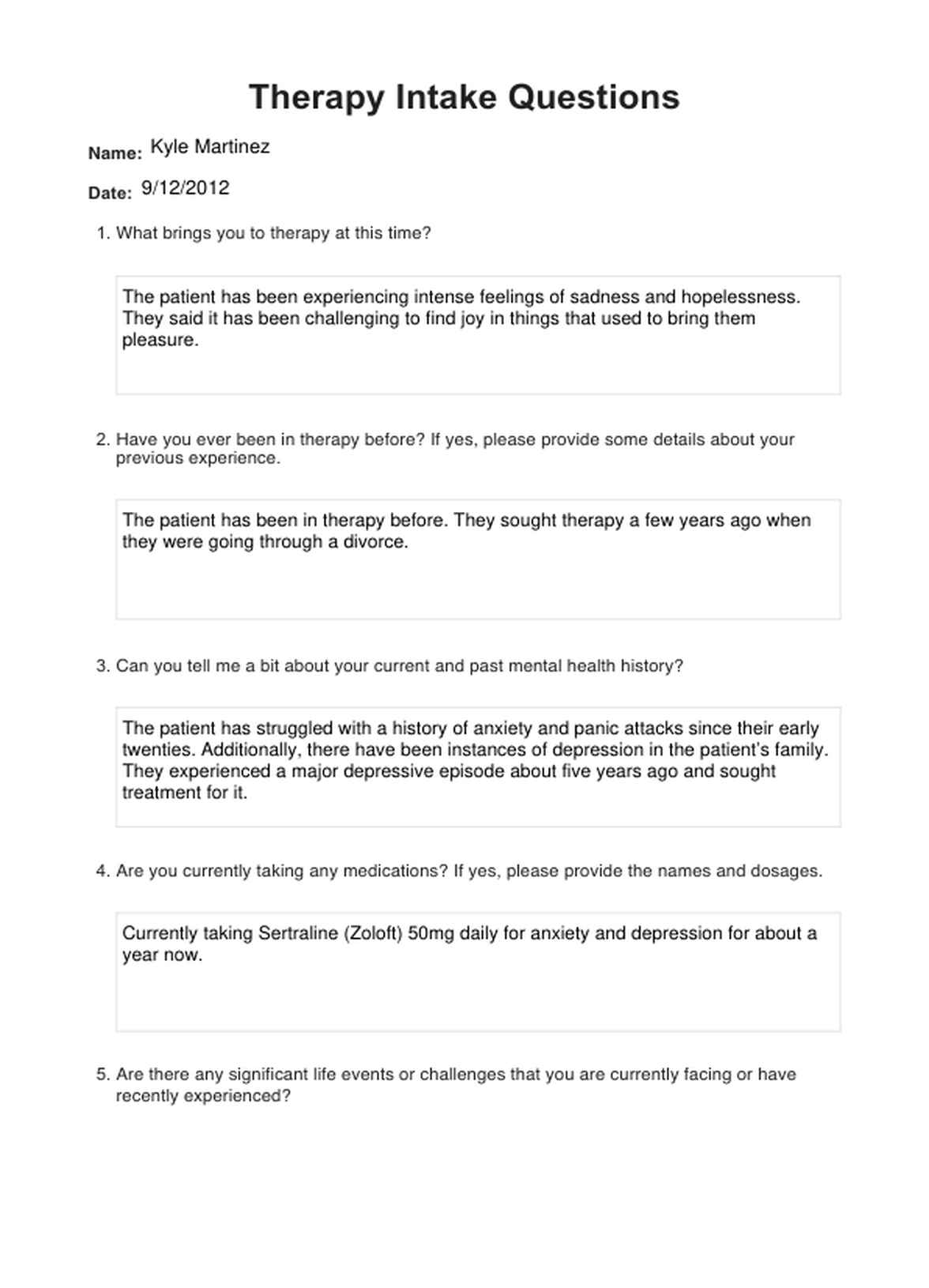

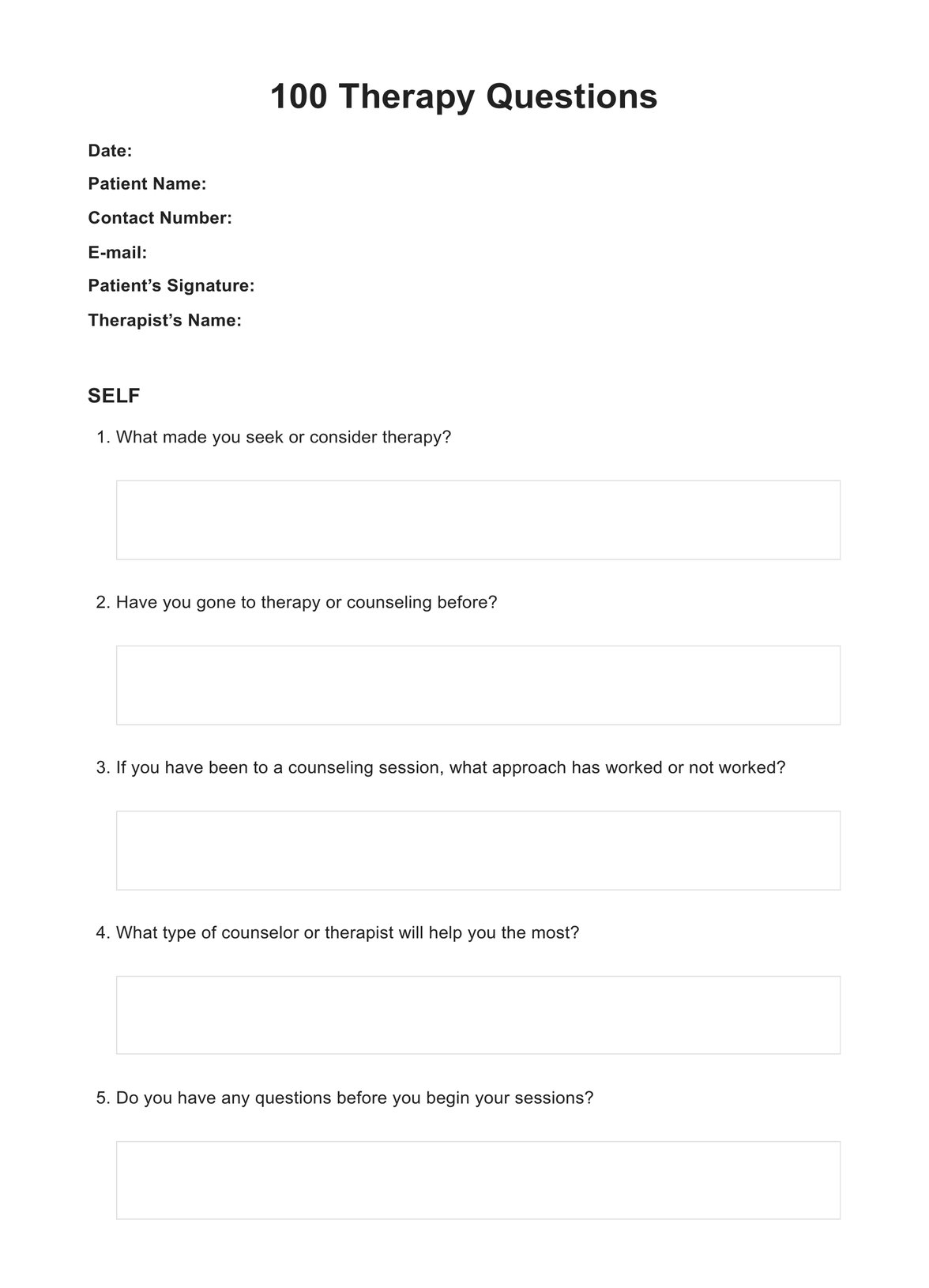
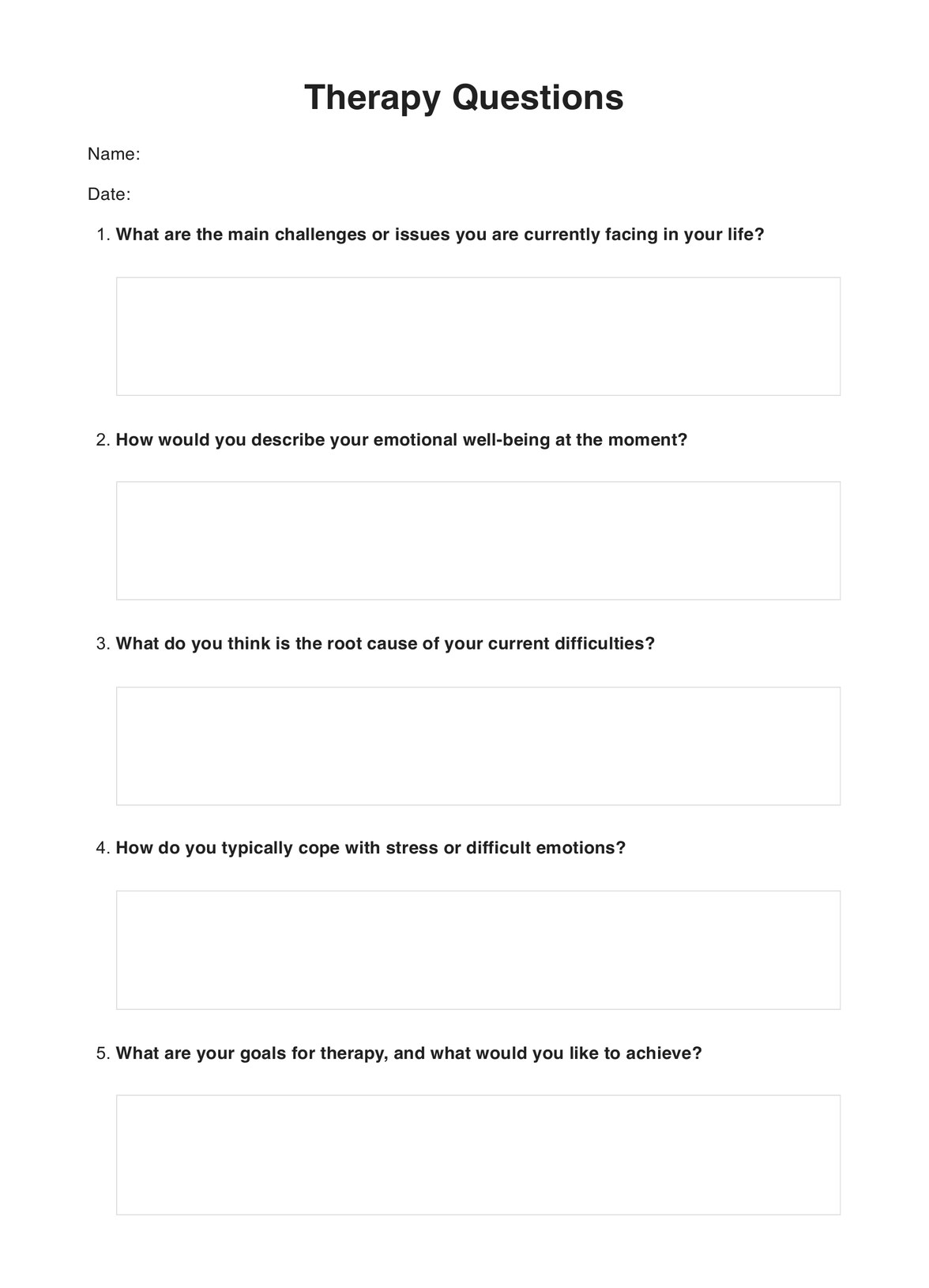
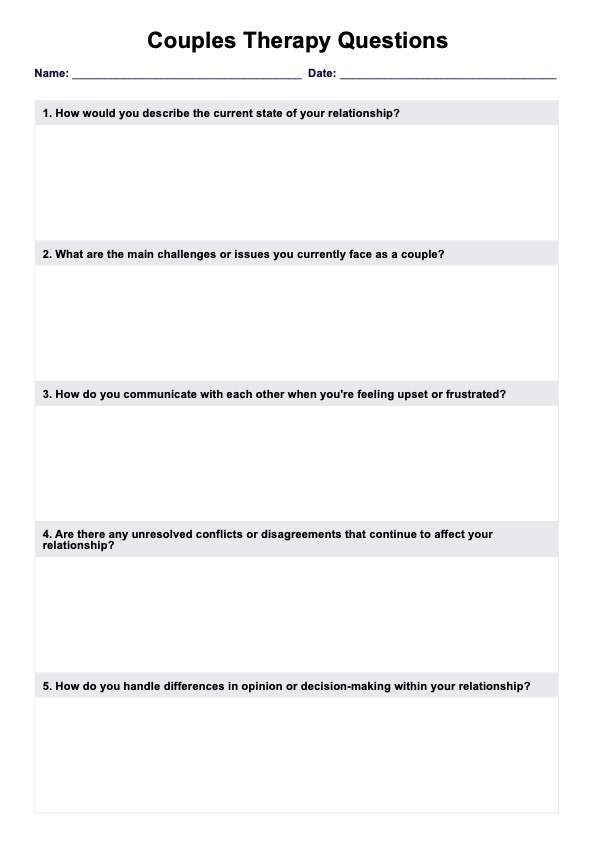














-template.jpg)





















































































